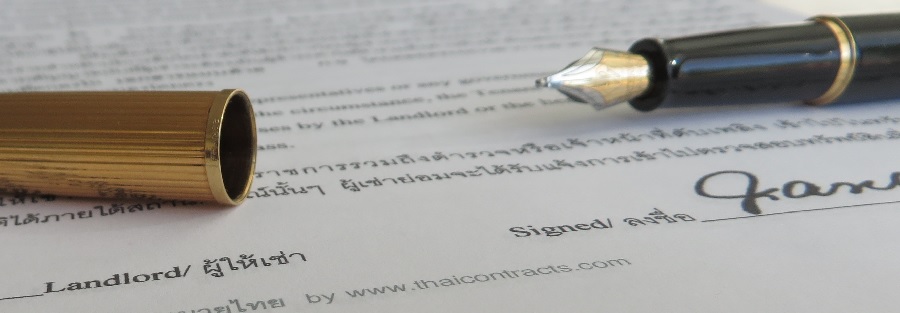The 90‑Year Lease Myth in Thailand (2025): Why the “Landslide Ruling” Was a Legal Cover‑Up
The Thai Supreme Court’s recent ruling invalidating lease renewals in a well-known Phuket case has been branded a ‘landslide’ decision by developers and Thai-foreign law firms operating in tourist areas. But let’s be blunt: this ruling is not new, not surprising, and certainly not a legal revelation. What it really represents is a desperate attempt to reframe a long-known truth and cover up years of deliberately misleading advice given to foreign investors.

